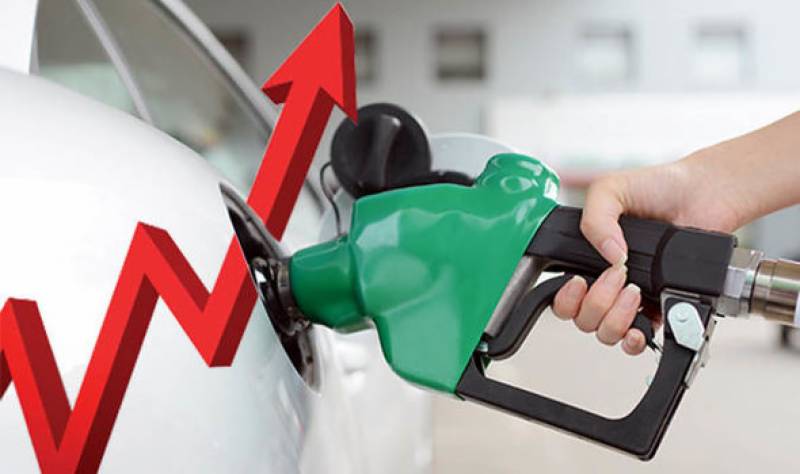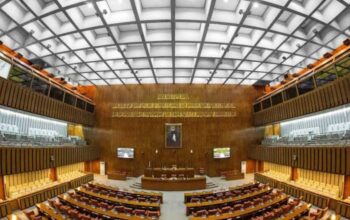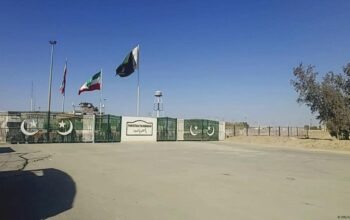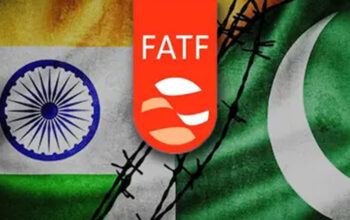By Staff Reporter
ISLAMABAD: The government increased fuel prices sharply on late Sunday, with petrol climbing by Rs4.80 per liter and diesel by Rs7.95 per liter, effective immediately.
The hikes, steeper than anticipated and which push petrol to Rs258.43 per liter and high-speed diesel (HSD) to Rs262.59 per liter, , reflect surging global oil prices amid escalating tensions between Iran and Israel.
Industry officials had anticipated more modest increases based on final calculations due on June 15, but the deteriorating situation in the Middle East has upended those projections.
The Finance Division cited recommendations from the Oil and Gas Regulatory Authority (OGRA) and other ministries for the adjustments, which exceeded earlier projections of a Re1 per liter rise for petrol and Rs5 per liter for diesel, based on existing tax rates and international market trends.
Just last fortnight, the government raised petrol prices by Re1 amid relatively stable global oil markets, a stark contrast to the current volatility.
The price surge aligns with Pakistan’s recent fiscal pledges to the International Monetary Fund (IMF), including a Rs77 per liter petroleum levy, a Rs5 per liter carbon levy on furnace oil, and Rs2.5 per liter charges on petrol and diesel, effective July 1. These measures, intended to shore up government finances, now compound the impact of rising international crude costs.
Higher fuel prices are poised to squeeze Pakistani households and businesses. Petrol powers private transport, rickshaws, and two-wheelers, staples for middle- and lower-income families, while HSD fuels heavy transport, agriculture, and public transit, a linchpin of the nation’s supply chain.
Its rising price is widely seen as inflationary, directly contributing to higher costs for vegetables and other essential food items.
In response to the crisis, Prime Minister Shehbaz Sharif has formed a high-level committee to monitor the fallout and devise mitigation strategies. Chaired by Finance Minister Senator Muhammad Aurangzeb, the panel includes the Minister for Petroleum, the Minister for Power, the Governor of the State Bank of Pakistan, and the Chairman of the Federal Board of Revenue (FBR), alongside industry experts like Raza Jaffery, Head of Research at IMS, and Mohsin Mangi, Chief Strategy Officer at Pakistan State Oil (PSO).
According to a letter from the Prime Minister’s Office dated June 13, 2025, the committee was established “in the wake of Israel’s attack on Iran,” which triggered the recent surge in oil prices.
The committee will closely monitor forward and futures prices of petroleum products and ensuring supply chain predictability amid the regional conflict. It will assess foreign exchange implications of price volatility over the short and medium term. The committee will propose plans to prevent supply disruptions and keep markets well-stocked and it will also analyse the fiscal impact of a potentially protracted conflict.
The committee, supported by the Petroleum Division, is authorized to co-opt additional members as needed and will submit weekly recommendations to the Prime Minister.
Copyright © 2021 Independent Pakistan | All rights reserved




